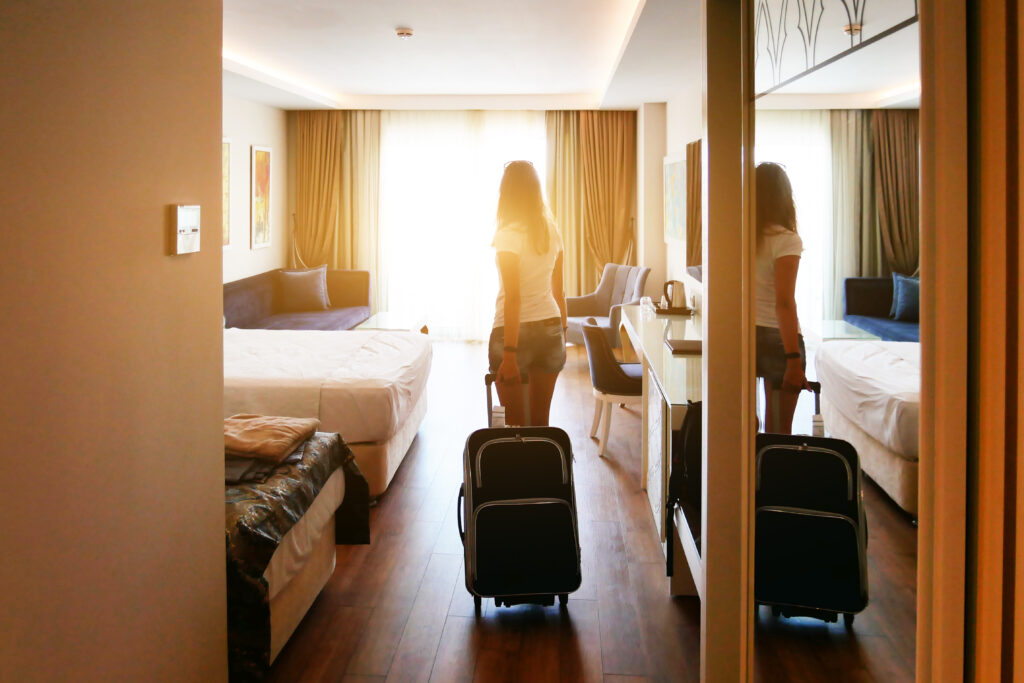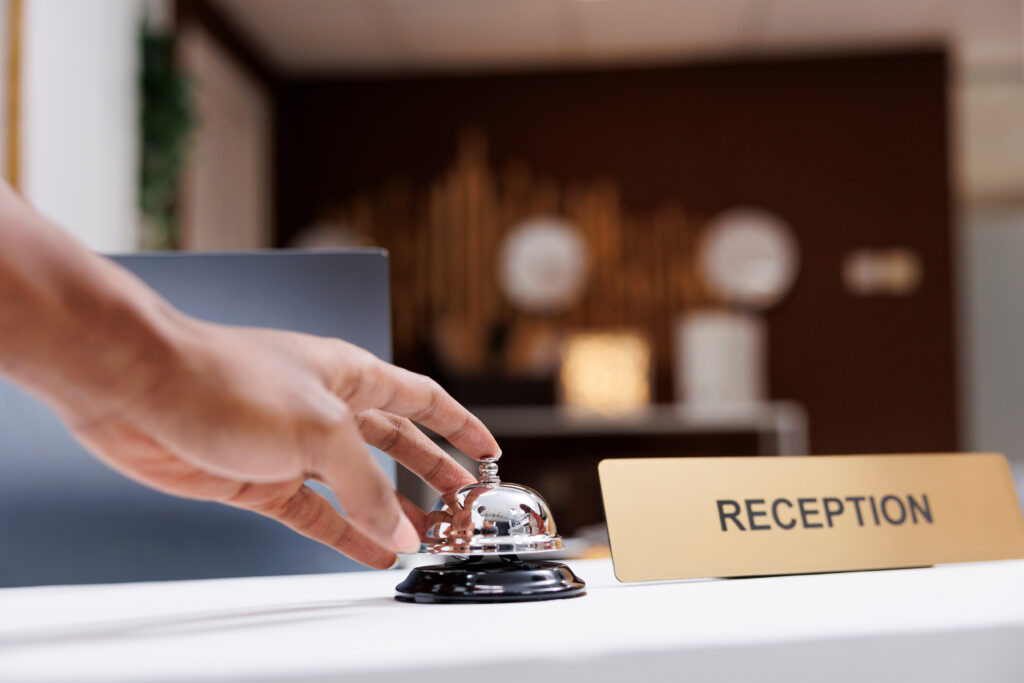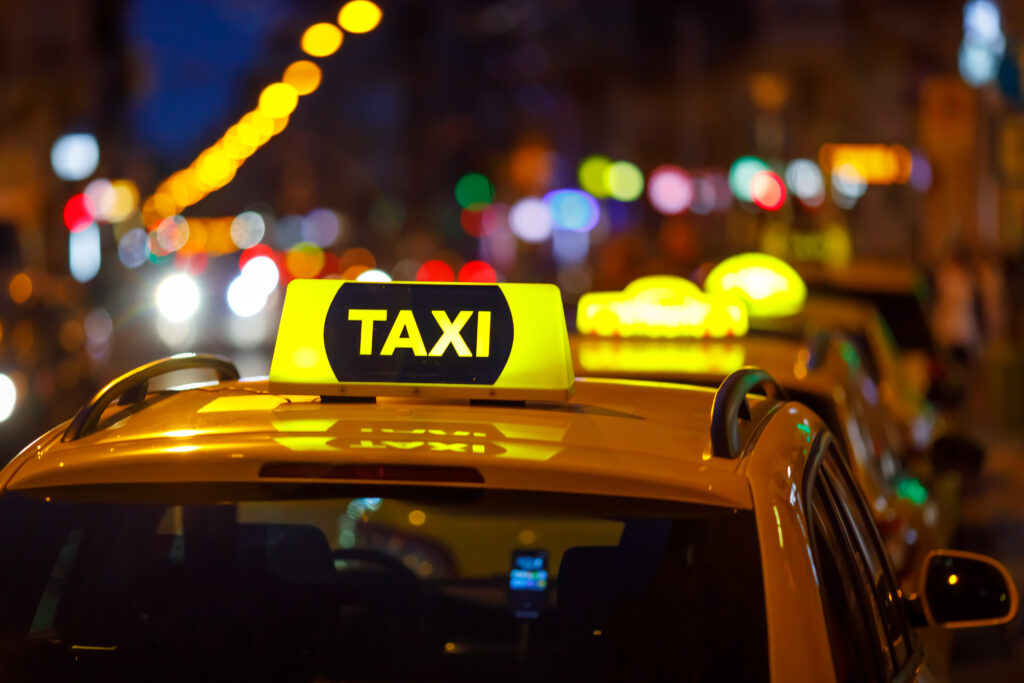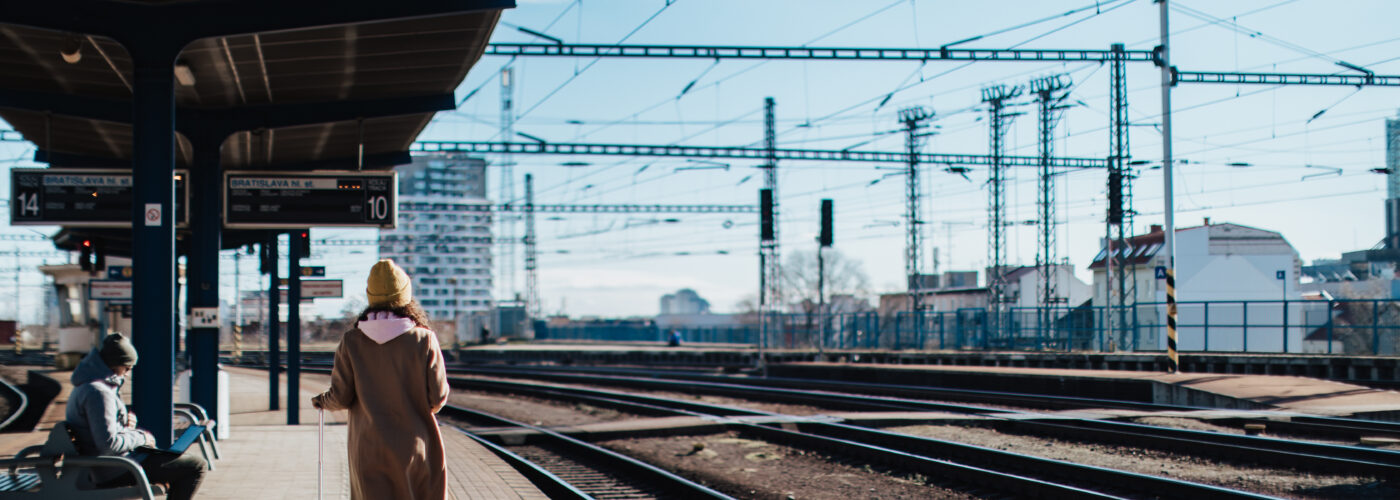Traveling alone can be a liberating, inspiring, and confidence-boosting journey. The downside: solo travelers can be more vulnerable to scams or crimes.
That doesn’t mean you should let fear hold you back from planning a trip on your own—it just means you should take a few extra precautions. Follow these ten tips for solo travelers to help protect yourself when away from home.
Check Your Hotel Room

The first thing solo travelers should do after checking in to a hotel (even before checking for bed bugs) is sweep their room to make sure there are no intruders. Leave the door to your room open while you quickly and thoroughly check any potential hiding spots.
Where to look:
- Under the bed
- In the closet
- In the shower
- Behind floor-to-ceiling curtains
Pack a Doorstop
A number of hotel employees have access to keycards that will open any room on the property. Mistakes happen and another guest could be given the key to your room. Or, the lock on your door simply might not be functional. All of these scenarios are reasons why you don’t want to solely rely on your hotel room’s door lock to keep you safe.
As a secondary layer of security, pack a doorstop or a doorstop alarm that can be used to prevent anyone from opening your door from the outside. The doorstop alarm will also alert (and everyone around you) you if someone is trying to get in.
Don’t Accidentally Give Out Your Room Number

Solo travelers should be careful not to let strangers know where exactly they are staying. When you check in, make sure the front desk employee doesn’t say your room number out loud (have them write it on your key card envelope instead).
If you’re ordering at a hotel bar or restaurant and want to charge something to your room, write your name and room number on the check rather than saying it verbally if others are in earshot.
Don’t Let Others Know You’re Traveling Alone
You don’t have to be totally honest with pushy strangers striking up a conversation with you. If you’re feeling uncomfortable about someone asking you if you’re traveling alone, invent a friend or spouse who is “just taking a nap in the room” or who you’ll be meeting later.
Request a Room on a Higher Floor
Hotel rooms on the first floor offer an easy second entry point (through the window) for intruders. Request a higher floor to reduce break-in risks when traveling alone.
Leave Your Itinerary With a Trusted Friend
As a solo traveler, someone should know where you are just in case something goes wrong—even if they aren’t on the trip with you. Leave a detailed itinerary with a trusted friend or family member back home.
This is especially important if you’re planning on activities such as hiking on your vacation—always let a friend or even the hotel concierge know where you are going (with specifics, such as what trail you’re taking) and what time you’re expected to return, so they can raise the alarm if you don’t come back.
All travelers, solo or not, should register for the US State Department’s Smart Traveler Enrollment Program before going abroad so that the embassy can reach them in the event of an emergency.
Loud is Better Than Polite
Always trust your intuition while traveling. If you feel uncomfortable and think that someone is following you, or if someone is harassing you, you want to attract a crowd who can intervene.
The State Department advises travelers, “If you do find yourself in an unsafe situation, be loud and draw attention to yourself to deter unwanted actions/attention. Being safe is more important than being polite.”
Spend a Little Bit More on Safety

A solo traveler’s budget should always have a little bit of extra cushioning. You don’t want to be in a situation where you’re forced to make an unsafe choice because you can’t afford to do the smart option.
For example, if you don’t have a lot to spend on transportation, you may be tempted to walk alone at night in an unsafe neighborhood rather than taking a cab.
Research Your Destination
One of the best ways to stay safe as a solo traveler is by blending in. Before you travel, research your destination to figure out what locals wear—if you’re headed somewhere where people typically dress modestly, you’ll definitely call attention to yourself if you’re wearing short or tight clothing.
You’ll also want to do your research on local scams, dangerous areas to avoid, and whether public transportation is safe to take by yourself. The most reliable place to find this information is the State Department’s country-specific travel pages.
Watch Your Drinks

Solo travelers are prime targets for drink-drugging crimes. Perpetrators may slip drugs into the beverages of travelers to knock them out, and then rob or assault them. Never accept a drink from a stranger, and always watch your drink, especially at a crowded bar or restaurant.
Although it’s fun to enjoy a local cocktail on vacation, it’s best to moderate your consumption so you can remain aware and alert.
You Might Also Like:
• The Best Travel Leggings of 2023• 30 Ultra-Packable Travel Dresses for Summer
• The Ultimate Cruise Packing List: What to Pack for a Cruise
• The Best Cruise Lines for Solo Travelers
• 6 Incredible Mother-Daughter Trips You’ll Always Treasure
We hand-pick everything we recommend and select items through testing and reviews. Some products are sent to us free of charge with no incentive to offer a favorable review. We offer our unbiased opinions and do not accept compensation to review products. All items are in stock and prices are accurate at the time of publication. If you buy something through our links, we may earn a commission.
Related
Top Fares From
Today's Top Travel Deals
Brought to you by ShermansTravel
France: 8-Night Paris, Avignon & Nice...
Infinity Worldwide Vacations
 vacation
$2880+
vacation
$2880+
Poconos: 3 Nts in Garden of...
ResortsAndLodges.com
 hotel
$305+
hotel
$305+
7-Nt Canada & New England Cruise,...
Princess Cruises
 cruise
$839+
cruise
$839+




